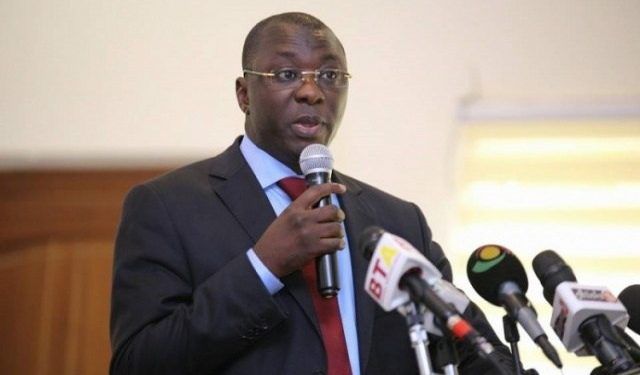The recent exchange between former Finance Minister, Dr. Mohammed Amin Adam, and President John Dramani Mahama highlights a stark disagreement over the state of Ghana’s economy and its ability to support public sector worker salaries. President Mahama, addressing labor unions, characterized the previous NPP administration’s economic management as “criminal” and “reckless,” depicting Ghana as a “crime scene” due to the alleged mismanagement. This strong condemnation suggests deep concerns about the nation’s financial health and the previous government’s fiscal policies. He linked this perceived mismanagement to the current economic challenges, which have limited the government’s ability to offer a higher base pay increase.
Dr. Amin Adam, however, refutes the President’s claims, arguing that the same economy accused of mismanagement was able to afford significant base pay increases for public sector workers in recent years, including 30% in 2023, 23% in the first half of 2024, and 25% in the second half of 2024, all while maintaining reasonable fiscal deficits. This counter-argument challenges the narrative of economic ruin, suggesting that the previous administration’s policies were not as detrimental as portrayed. Dr. Adam’s challenge underscores the need for a more detailed and nuanced analysis of the economic situation, moving beyond mere accusations and political rhetoric.
The crux of the disagreement revolves around the current 10% base pay increase offered by the government to public sector workers. President Mahama attributes this lower increase to the inherited economic challenges, suggesting that the previous administration’s actions have constrained the government’s capacity to offer a more substantial raise. He promises the establishment of an independent emoluments committee next year, tasked with proposing fair salaries after the anticipated economic recovery. This committee, he assures, will encompass all public servants, from the President to ordinary laborers, ensuring a more equitable approach to salary determination. This proposal aims to address the concerns of labor unions, offering a future pathway to more substantial pay adjustments.
Dr. Amin Adam’s challenge centers on the sudden shift in the economic narrative. He questions the rationale behind the drastic change in the government’s ability to afford salary increases, pointing to the previously approved and enacted raises under the NPP administration. This sharp contrast between past and present raises fuels the debate, demanding clarity on the specific factors that have led to the current limitations. The discrepancy between the substantial increases provided previously and the significantly lower current offer highlights the need for transparency and a thorough explanation of the underlying economic factors driving this change.
President Mahama’s promise of an independent emoluments committee is a key component of his response to the concerns raised by labor unions. He envisions this committee as a mechanism for determining fair and equitable salaries for all public servants, independent of political influence. By tying the committee’s implementation to the projected economic recovery next year, he offers a timeline and a conditional commitment to improved compensation. The success of this proposal, however, hinges on the government’s ability to achieve the anticipated economic recovery, a factor subject to various internal and external influences.
The debate between Dr. Amin Adam and President Mahama ultimately underscores the complex and often politicized nature of economic management. The starkly contrasting narratives highlight the importance of objective economic analysis and transparent communication. Understanding the true state of Ghana’s economy requires moving beyond political rhetoric and engaging in a data-driven assessment of the underlying factors influencing fiscal policy. The proposed independent emoluments committee, while potentially a positive step towards fair compensation, also requires careful consideration to ensure its independence and effectiveness in addressing the concerns of public sector workers. The debate about the “criminal” handling of the economy versus the ability to provide decent salary increases demands further scrutiny and a commitment to transparently addressing the real economic challenges facing Ghana.


